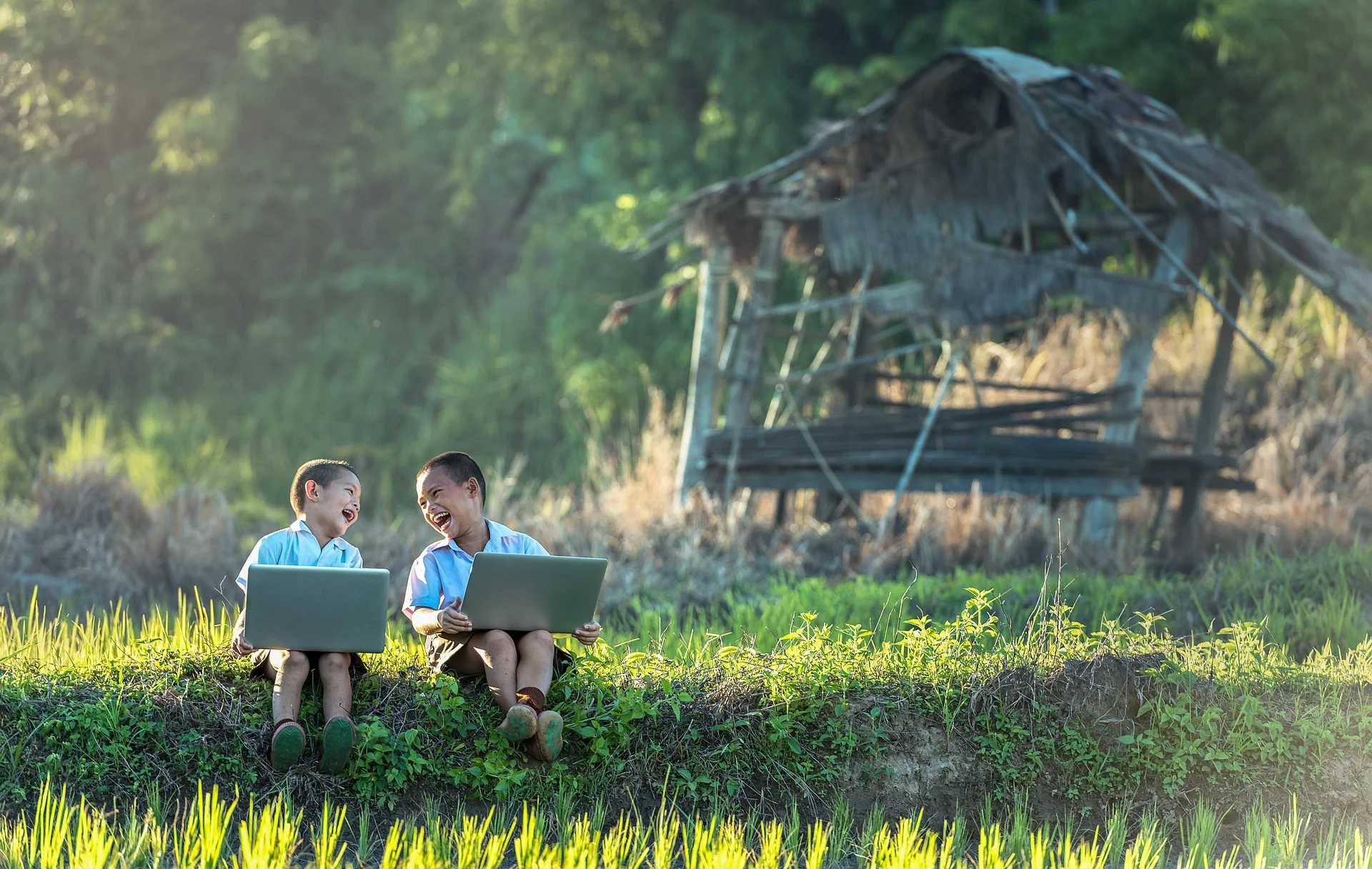Has the political climate got you down? Anxious about hurricane season? Worried about the carbon footprint of avocado toast? Well, sometimes we feel that way too. Allow us to soothe some of your concern with the following primer on how to be a decent human in the pre-Apocalypse.
What is Kombucha* Anyway?: Social Exchanges
- Try to see everything from more than one perspective. This is called empathy. It will serve you well.
- Introducing yourself or being introduced to someone is always a good point at which to ask someone what they wish to be called or what pronoun they prefer.
- When people ask how you are, it is usually polite to reply and ask them how they are as well. This includes non-verbal communication such as e-mails. It is also a good idea to listen to what they say when you ask.
- If you have a burning question that you are afraid to ask because it may be offensive, perhaps it is better asked to Google first. Google, DuckDuckGo, not 4chan.
- If you are having trouble paying attention to what someone is saying to you, repeat what they are saying to yourself inside your own head.
- The only way you can consider someone an exception to a race, gender, etc, would be if you had ACTUALLY MET every single person in that category. In other words, it is NEVER ok to call someone ‘an exception for your [insert category here]’. Be proactive and meet more people who are different from you.
- Potentially problematic burning questions aside, it is a good idea to ask people questions about themselves. It is generally not problematic to ask questions like “What kind of music to you like?” or “What kind of hobbies do you have?”. “What are you?” or others like it are not acceptable questions. Do not phrase questions to confirm your assumptions.
- Fruit is exotic. People are not.
- As much as is possible, do the things you say you will do. People, friends, and Cambridge Analytica will appreciate it.
*Kombucha is essentially living tea made from scobee cultures and herbs/spices du jour. The point being: it’s good for your gut and hopefully these tips will be too.
You Can’t Hug Your Child with Nuclear Arms: Environmental Care
- Try to avoid plastic if you can. It suffocates animals, poisons humans and doesn’t die.
- The portable shetafa/bidet will change your life.
- You’ve probably heard you should use coal, gas and oil sparingly. You know what else should be on that list? Water. For examples see Cape Town.
- Reusables are your friend. The takeaway shop won’t look at you too weirdly if you show up with your own containers for food. Anyway, they’ll eventually stop looking at you weirdly.
- Building or making your own things can be fun. Chances are it will save you money.
- Invest in things that last and/or can be repaired. Outdoor clothing companies are grand at mending things you buy from them. We can encourage more to follow suit if we reward those companies with our money.
- Electricity is a luxury that we share with our neighbors on a grid. Always know where your fuse box is, and maybe look up how the wiring of basic household objects works.
- Toolboxes are handy. No not just the ones for building websites.
- It really is a good idea to learn to grow your own food. Plants have natural complements that can make less work for you, act as a repellent to pests and replenish the soil.
- Make use of public transportation. The more you use it, the more you have a right to complain and force local governments to make them better.
- Vinegar, sometimes with baking soda, can disinfect, clean and unclog most things. Also good for deodorant and mosquito bites. There are alternatives to many if all of the toxic products that you may have for cleaning. They are healthier for you, your pets, your tiny humans and the environment. Have a Google, enjoy yourself.
- While we are on the topic of things toxic, here’s another freebie: lemongrass, citronella, eucalyptus and lime oil make good general repellents. Much safer for you than DEET.

